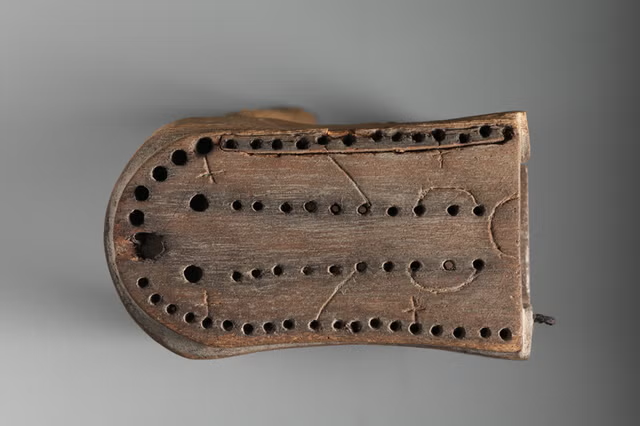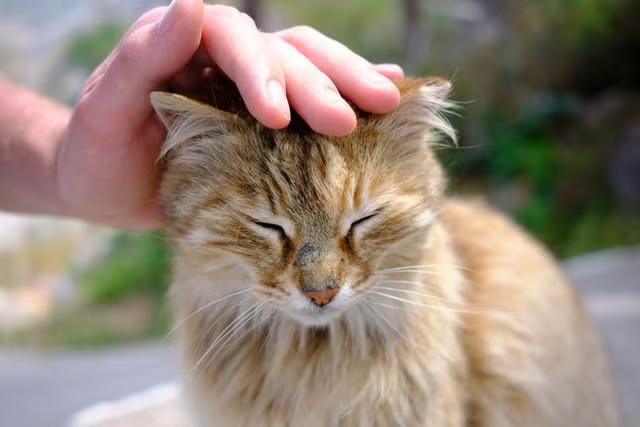Scientists have long been mystified about how animals who munch on plants in Yellowstone National Park all get enough food to eat.
Animals all living in the same habitat and eating the same foods manage to co-exist thanks to slight differences in feeding habits—based on their body size, according to a new paper in the journal Royal Society Open Science.
This allows all these herbivores to live alongside each other and still find enough plants to eat.
"In Yellowstone, we know vegetation changes across seasons, but until now, we didn't know how these seasonal changes influenced what animals eat or how they sustained themselves when options were limited," lead study author Bethan Littleford-Colquhoun, a postdoctoral research associate at Brown University, said in a statement.
"It turns out that while species eat similar categories of food, their diets differ from one another in cryptic and nuanced ways. And an animal's body size plays an important role in how this is achieved."
In the paper, the researchers describe how they tracked the diets of bison, elk, deer, bighorn sheep, and pronghorn antelope across Yellowstone, using GPS data and DNA from their feces.
They discovered that all of the species ate lots of wildflowers during the summer months when they were in abundance, and in the winter mainly focused on a specific type of plant that they could best compete for.
They also found that depending on the species' body size, they had different foraging tactics. Smaller deer and sheep were seen to expand their diets during the summer, eating widely across meadows, and retreating to sheltered valleys in the winter, eating the limited plants that remain.
The larger animals, such as bison, were seen to do more or less the opposite: venturing out to find food in the winter due to being large enough to avoid competing for resources.
"The study showed that these species can feed far more adaptably than anyone had previously assumed," Littleford-Colquhoun said. "All species switch the ways they search for food, but the opportunities an individual bison has to fuel its migration or survive a hard winter might only work for it because it's big. Meanwhile, other species might need to group together for protection in winter because they're small."
Therefore, animals will diversify their diets in the summer or the winter depending on their size and species.
"Because of the variety of ways animals behaved in our study, we learned that both hypotheses about how animals fuel their migrations were right, but in different ways and at different times," co-author Tyler Kartzinel, an associate professor of ecology, evolution and organismal biology at Brown, said in the statement.
"So the question that biologists should have been bickering about for the past generation shouldn't have been, 'Which foraging strategy is right?' but rather, 'When does each strategy work best for a given group of animals?'"
The researchers hope that these findings can help conservationists better protect resources to help these herbivores thrive throughout the year.
"If we want to help wildlife populations thrive," Kartzinel said. "We should be maintaining a diversity of habitats and plant resources across their migratory corridors so that many animals, each with their own preferences, personalities and needs, can find what's best to fuel their journey."
Do you have a tip on a science story that Newsweek should be covering? Do you have a question about Yellowstone? Let us know via science@newsweek.com.
References
Littleford-Colquhoun, B. L., Geremia, C., McGarvey, L. M., Merkle, J. A., Hoff, H. K., Anderson, H., Segal, C. R., Kartzinel, R. Y., Maywar, I. J., Nantais, N., Moore, C., & Kartzinel, T. R. (2024). Body size modulates the extent of seasonal diet switching by large mammalian herbivores in Yellowstone National Park. Royal Society Open Science. https://doi.org/10.1098/rsos.240136
Disclaimer: The copyright of this article belongs to the original author. Reposting this article is solely for the purpose of information dissemination and does not constitute any investment advice. If there is any infringement, please contact us immediately. We will make corrections or deletions as necessary. Thank you.



